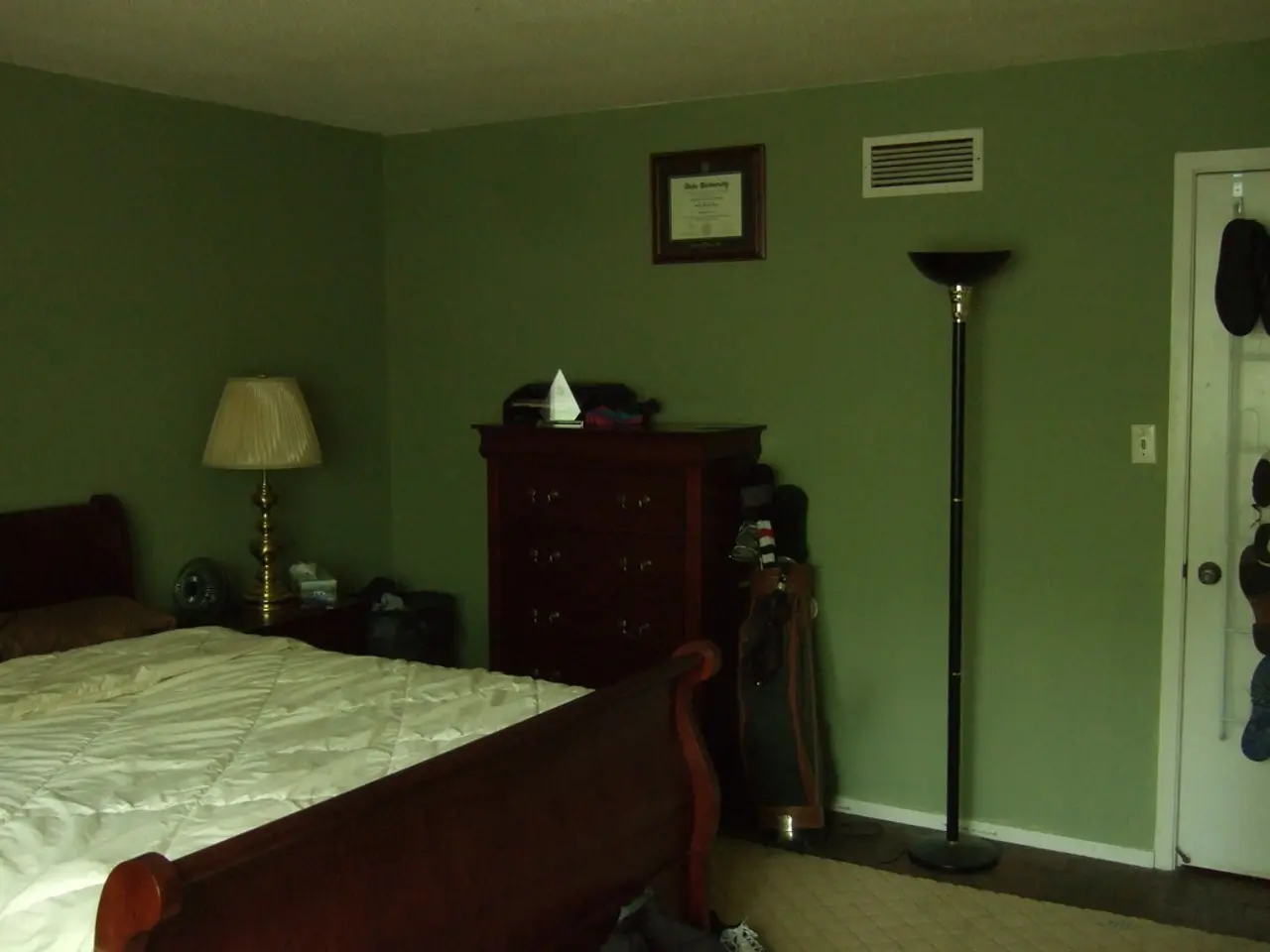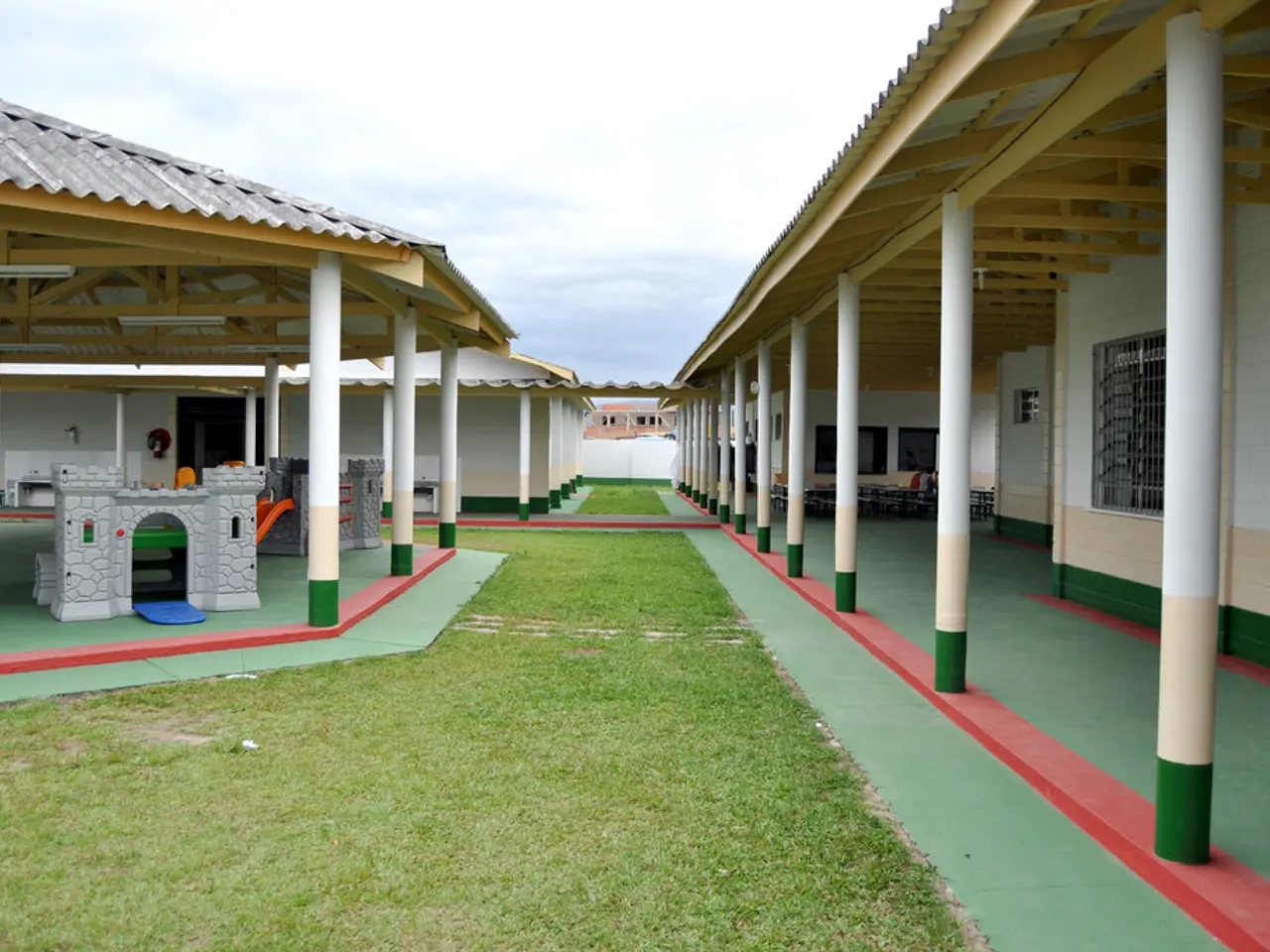Homes of Hundreds Remain Unsecured as Permanent Housing Is Not Yet Available
Quebec Housing Crisis Persists as Over 1,700 Households Still Require Relocation Aid
A persistent housing crisis in Quebec continues to affect thousands of households, with 1,727 households still actively seeking relocation aid after one month. According to data from the Montreal Municipal Housing Office (OMHM) and the Quebec Housing Corporation (SHQ), the number of households seeking assistance has remained high, with Montreal recording 1,337 requests since the beginning of the year, 33 more than in 2024.
The situation is critical for some households that have lost their lease. Among those assisted by the OMHM are victims of fires or floods who have lost their homes. However, not all households receiving aid are technically "homeless"; some are looking for more suitable or affordable apartments.
The housing shortage is not a new issue but has worsened steadily over the past decade. Low vacancy rates and high rents in many municipalities and regions make it extremely challenging for displaced households to find affordable, permanent housing. The housing shortage is particularly acute in Quebec, where there is significant scarcity in suitable rental units and affordable options.
Many affected households are families with children, adding urgency but also complexity to their housing needs, especially with the school year starting soon. While there has been a slight increase in housing starts nationally, regional imbalances mean places like Quebec still face significant scarcity in suitable rental units and affordable options.
Some displaced individuals resort to temporary, unstable accommodations such as staying with friends, family, camping, or sleeping in vehicles. This underscores the lack of sufficient immediate housing alternatives. Véronique Laflamme, director of FRAPRU, expressed hope that the housing crisis will be a priority during the upcoming parliamentary session, a year before the next provincial elections.
Isabelle Girard-Fortier, director of the OMHM's Reference Service, explained that they conduct a detailed analysis of each household they support, and doing so earlier makes finding solutions easier. Véronique Laflamme also noted that many households in need do not make requests for help, and thus are not counted in the figures.
The resolution rate for requests has improved, with 82% of requests resolved this year, compared to 76% last year. However, the OMHM expects to support several households beyond the summer due to evictions for major renovations, housing takeovers, and rent increases.
In summary, the persistence of relocation aid needs after a month is primarily due to continuing tight housing markets, steep rent increases, and insufficient affordable supply relative to demand, which disproportionately impacts vulnerable families and tenants in Quebec. It is hoped that the upcoming parliamentary session will address this pressing issue and provide long-term solutions to the housing crisis.
[1] Quebec Government, Housing and Urban Development, Housing crisis in Quebec [2] Montreal Municipal Housing Office, Number of households assisted by the Montreal Municipal Housing Office [3] Quebec Housing Corporation, Number of households actively assisted by a relocation aid service in Quebec
The analysis by the Quebec Government, Housing and Urban Development, reveals that the housing crisis in Quebec continues due to tight markets, steep rent increases, and insufficient affordable supply, as demonstrated by the 1,727 households still seeking relocation aid after one month. In the realm of policy-and-legislation, it is imperative that the upcoming parliamentary session address this pressing issue and provide long-term solutions.
In light of the general-news surrounding the Quebec Housing Crisis, it is crucial for the politics to prioritize initiatives that focus on increasing affordable housing options and addressing the underlying causes, ensuring a more stable future for those impacted by this persistent issue.








